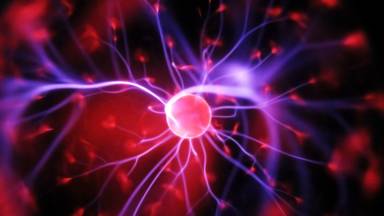
A new study by researchers at UC Berkeley’s Haas School of Business shows information triggers dopamine.
When you score in a computer game or finish what you've been working for a long time, you are fueled by dopamine as you reach your goal. "I did it," your brain tells to your body.
The mammal brain always is looking for potential reward, and dopamine is like a signal that it has found some.
To the brain, information is the potential reward, regardless of whether it is useful or not. It feels so good that our brain looks for ways to trigger the feeling again. And as much as an empty stomach loves junk foods the brain can overvalue the information which has no value but makes the brain feels good what some may call idle curiosity.
The paper, “Common neural code for reward and information value,” authored by Kenji Kobayashi and Ming Hsu, shows that the brain converts information to the same scale as it costs for money.
By analyzing the results of the fMRI scan, the researchers found that information about game odds activates areas of the brain that are known to be involved in the estimation (the striatum and ventral medial prefrontal cortex or VMPFC), which are associated with the dopamine-inducing reward area. it demonstrates that the brain converts information into the same common scale as it does for food, money and many drugs.









